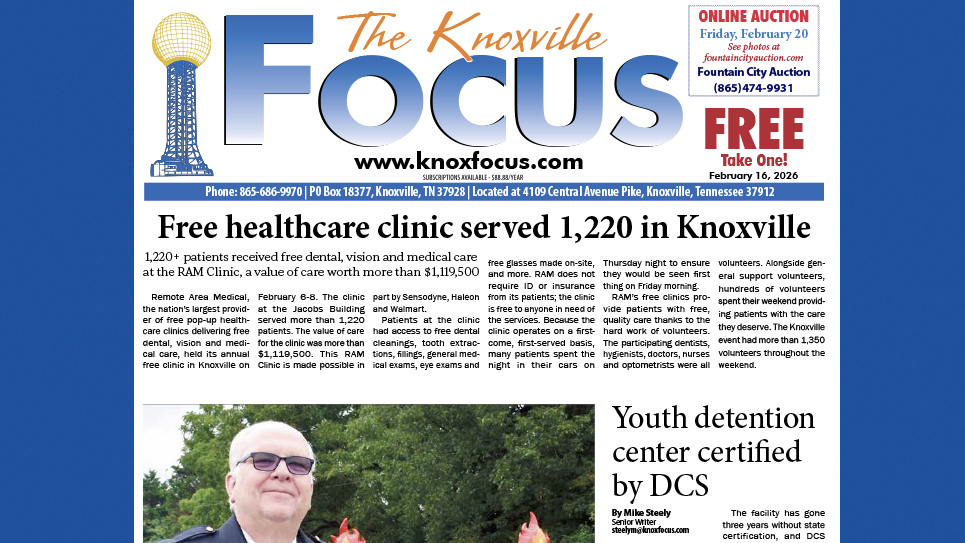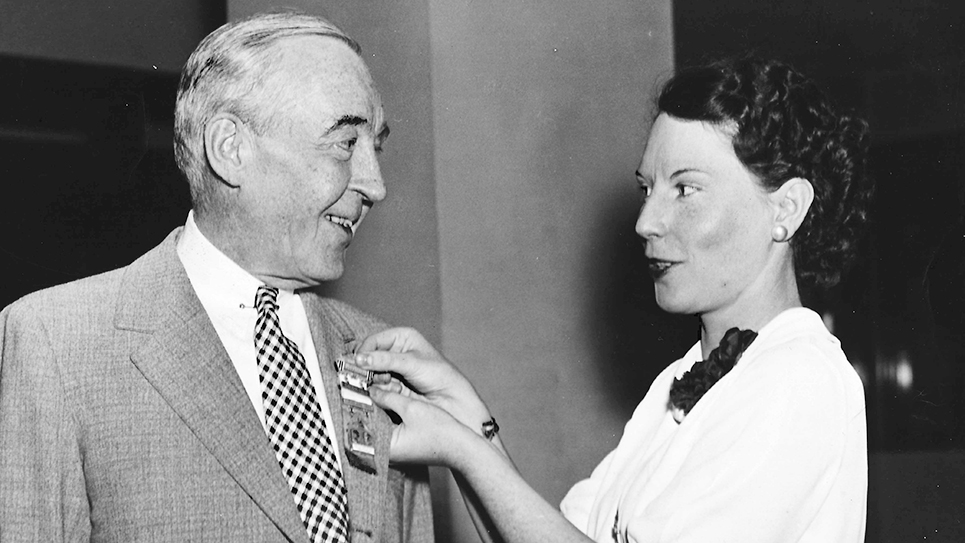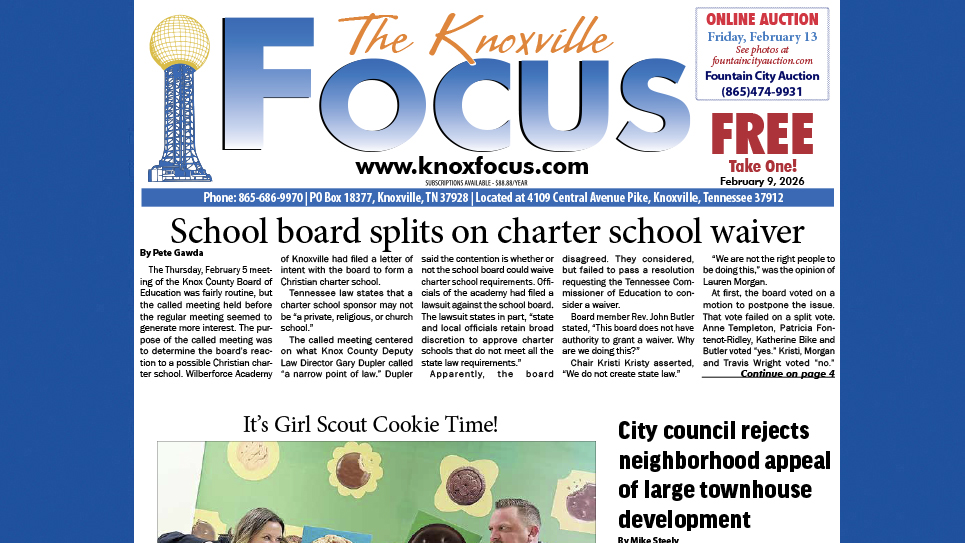New Report and Initiatives Build on Continued Work of Drive to 55 and Tennessee Promise
NASHVILLE—Tennessee officials launched a renewed effort today to focus on students’ readiness for life after high school. At an event at Cane Ridge High School in Antioch that brought together state leaders, industry partners, educators, and students, the Tennessee Department of Education released the Seamless Pathways: Bridging Tennessee’s Gap Between High School and Postsecondaryreport, which provides recommendations to ensure Tennessee continues to move toward achieving its statewide goals for postsecondary completion set forth by Tennessee Gov. Bill Haslam through the Drive to 55 initiative.
Since the 2013 launch of the Drive to 55—the governor’s initiative for 55 percent of Tennesseans to be equipped with a college degree or certificate by the year 2025—leaders and educators in K-12 and higher education have risen to the challenge of preparing more students for life beyond high school. To further these efforts, Tennessee has implemented a series of nationally recognized efforts aimed at helping high school students transition from graduation to postsecondary. These include providing financial support and mentorship through Tennessee Promise; sharing more guidance with students through AdviseTN; offering more early postsecondary opportunities and increasing the spotlight on students’ access to them through a new school-level accountability framework; and hosting focus groups with high school students to hear firsthand about their experiences. Additionally, Tennessee was named recently as a recipient of the highly competitive $2 million New Skills For Youth grant designed to build on locally and regionally led efforts through the statewide Pathways Tennessee initiative, which works to strengthen and expand education-to-career learning pathways for Tennessee’s students.
Even with this renewed focus, Drive to 55 remains an ambitious goal that will require the state to support and equip more high school students to be successful after graduation, especially as the job market increasingly demands credentials beyond a high school diploma.
“When you’re recruiting companies to Tennessee, you learn right away that conversations about economic development become conversations about education,” Haslam said. “Education isn’t K through 12, it’s K through J—kindergarten to job, and we won’t meet our Drive to 55 goals if we don’t succeed in K-12. We’re focused on getting students ready for college, into college, out of college and tying their education directly to workforce needs, and we’re seeing incredible results. Now we need to build on this success throughout our pipeline to make sure students’ high school diploma serves as a seamless passport into college and career success.”
“Tennessee is set to become the national leader in preparing students for the workforce of tomorrow.The opportunity to lead the nation is here. The opportunity to serve all students is here,” Education Commissioner Candice McQueen said. “The programmatic vision put into place by the Governor under Drive to 55, along with the aligned efforts of existing agency programs and priorities, has afforded Tennessee an opportunity to go further than any other state in implementing a seamless kindergarten-to-job approach for our students. And now, we have the ability to make research-based decisions about how to strategically invest our time, energy, and resources to maximize our students’ potential.”
Today’s release and launch event will help the department build on progress to date by highlighting where the state can continue to improve in K-12. Based on evidence presented in the Seamless Pathways report, the department offers four recommendations that districts, schools, and community stakeholders can employ to help students take advantage of postsecondary opportunities:
- Foster collective responsibility among middle and high school faculty and staff for the postsecondary preparedness of their students.
- Communicate with students about their postsecondary and career options early and often.
- Ensure all students have equitable access to course opportunities to increase postsecondary readiness and success.
- Leverage external partnerships and resources for added capacity, expertise, and influence.
Today’s report acknowledges these efforts will take a tremendous amount of work and calls for significant support from all partners—from public officials to community organizations and foundations to educators and parents—to support our schools and students. As a complement to this call to action, last month the state’s Career Forward Task Force—a group of industry leaders, non-profit organizations, state agencies, advocates, educators, parents and students—released its next steps to help ensure the further development of seamless learning pathways that successfully transition students from high school to postsecondary education and the workforce, as well as its profile of what academic, technical, and employability skills a successful K-12 student should possess at time of graduation. Both releases make clear that though Tennessee has made notable strides, more must be done across local, regional and state levels to ensure all students are set up for lifelong success.
In addition to today’s event, which features the voices of high school and college students on their readiness for postsecondary, Commissioner McQueen released a blog on the department’s website outlining additional takeaways from the department’s research and how the state will continue to support this work. The full report released today is available on the department’s website. For more information about the department’s college and career readiness efforts, please contact Danielle Mezera, assistant commissioner of college, career and technical education, at Danielle.Mezera@tn.gov. For media inquiries, please contact Sara Gast at (615) 532-6260 or Sara.Gast@tn.gov.







